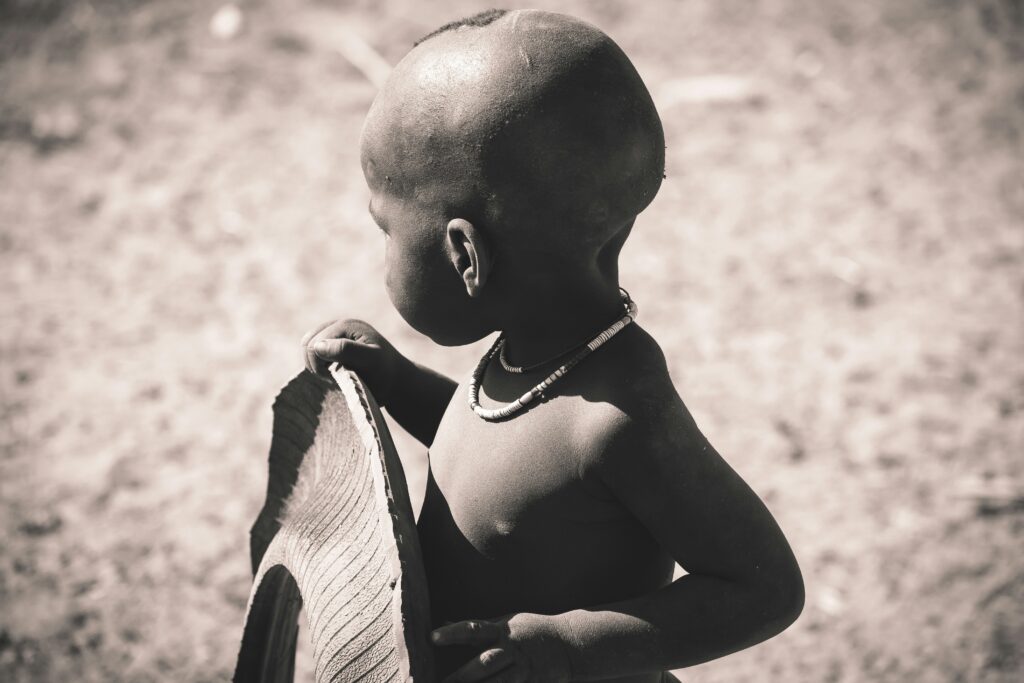
A poor child’s story inspires many. But is that story enough to make them a leader?
It is easy to harshly judge the Kapseret constituents for their seemingly blind choice of electing Oscar Sudi repeatedly. Given the presence of able-minded and socially astute individuals in the constituency, one might wonder: was Oscar Sudi truly the best option? However, for those who understand the full story behind this controversial figure, his loyal supporters may be justified in their choice.
Let’s delve into Oscar Sudi’s background. As the saying goes, wise men take time before passing judgment, for every person has an unignorable story. Unlike many politicians from privileged backgrounds, Sudi’s origins are humble. He claims to have been born to squatter parents, living in a grass-thatched house on the expansive farm of the late Kibor. His mother was a mama mboga, possibly explaining why President Ruto maintains a close relationship with him, given their similar humble beginnings. His father worked as a charcoal vendor, which could have bode better for young Sudi’s prospects of a stable education.
Before rushing to conclusions, it’s worth exploring Sudi’s early life, marked by an incomplete education, challenging family circumstances, and dim prospects for the future—a situation familiar to many young Kenyans today. In his own words, Sudi developed a knack for saving money and making small investments, igniting a glimmer of hope in his bleak circumstances. At eighteen, he saved enough to buy a bicycle, which marked the beginning of his entrepreneurial journey. He soon found work as a tout and continued saving, eventually starting a maize farm. This initial success led him to invest in pool tables and later in the export business.
Sudi’s rise from “grass to grace” is indeed captivating, but what truly sets him apart is his charisma. In a constituency where wealth is scarce, Sudi’s approachable nature and relatability make him seem like a friend to many. This charisma has been a significant factor in his political ascent. Furthermore, Sudi’s generosity, particularly in supporting other politicians and young constituents through initiatives like paying school fees, has earned him a loyal following. However, this same generosity has also raised eyebrows, such as when he donated 20 million KSH in a church fundraiser, prompting questions about the source of his wealth.
It is no secret that Oscar Sudi is closely aligned with the current government, which has been criticized for misleading voters and flaunting wealth while the taxpayers struggle. This connection casts a shadow over Sudi’s repeated electoral success and raises questions about the discernment of Kapseret’s voters.
Despite this, there are many young, professional, and untainted leaders in the constituency who, though less wealthy, possess the ambition and goodwill needed to lead Kapseret towards a better future. These individuals understand the challenges facing today’s youth, including a lack of opportunities, and are arguably better suited to address these issues than Sudi, who might be likened to a figure offering temporary comfort without addressing deeper concerns, like a rat that nibbles on the ear of a sleeping person, and when they awaken, it soothes the bitten spot, lulling the victim back to sleep
Ultimately, the decision to elect a leader rests with the voters. While one can advise, critique, and warn of potential consequences, it is up to the electorate to choose their representatives. Whether Oscar Sudi will retain his seat in 2027 remains uncertain. In the meantime, we can only hope that Kapseret’s constituents will reflect on their choices and strive for a leadership that genuinely serves their interests in the years ahead.
Leave a Reply